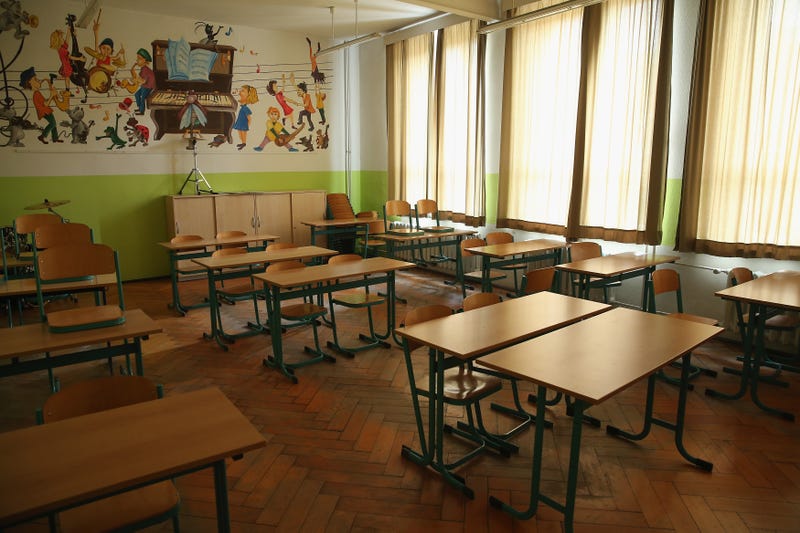
PHILADELPHIA (KYW Newsradio) — Before the pandemic, 8 million students were considered chronically absent. Now, that number has doubled.
Students are considered chronically absent if they miss 10% or more of the school year. Kids who are chronically absent usually fall behind, have lower test scores and have higher rates of dropping out.
In Philadelphia, chronic absenteeism rose 93% in district schools in the 2021-22 academic year compared to 2018-19, which added up to 12,500 students, the Philadelphia Inquirer reported.
Transportation, rising mental health rates, and a lost sense of belonging are some of the main reasons kids are missing school, NPR found.
Erica Peterson, the national education manager for School Innovations & Achievement, has seen elevated degrees of chronic absenteeism among all grade levels, and specifically among Black and brown students.
“If we think about our 12th-graders right now, their last year of true normalcy was eighth grade,” she said. “So that connection that so many of us have from high school, these kids have never been taught to make those connections. So coming to school just doesn’t seem like a priority.”
Peterson explains more about what missing school means for children and how this crisis can lead to reimagining our current school systems. Listen to the full conversation in the player below, on the Audacy app or wherever you get your podcasts.
